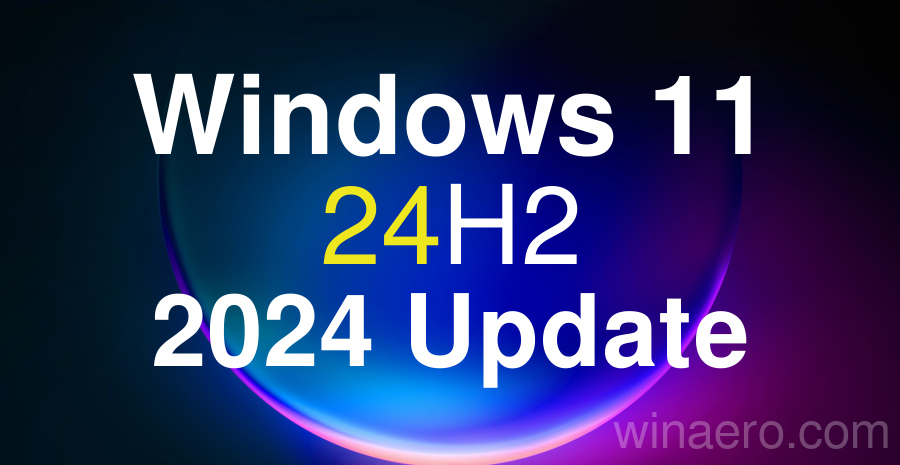The latest OS from Redmond, Windows 11 24H2, installs updates much faster than 22H2 and 23H2, thanks to several Windows Update improvements. The servicing stack enhancements lead to installation times that are 45.6% faster, restart times that are 39.7% quicker, and over 15% reduced CPU usage during cumulative update installations.

The following changes made it possible to achieve this impressive installation accelerations.
- Parallel processing of component manifests. This complements the parallel hydration of newly serviced components using reverse and forward differentials first introduced in Windows 11, version 22H2.
- Optimized reading and parsing of component manifests. After reading and parsing the first time, we cache the results to use later in the process. This helps efficiency if the same component is referenced across multiple packages.
- Scalable use of available random-access memory (RAM). We use more RAM for storing the manifest cache if available and less if not.
Windows Update performance tests
In Microsoft's own tests, Windows 11 24H2 that was last updated in February 2024 can install updates 45.6% faster, restarts 39.7% faster, and uses 15.3% less CPU than Windows 11 22H2 in the same state.
The second test has been done against the 24H2 machine that was not updated for last 18 months. The results showcased the installation time 43.6% faster, the restart time 33.5% faster, and CPU usage time 25% less than in Windows 11 22H2.
Finally, Microsoft has streamlined the delivery of app updates, so many of them are smaller and install faster. This now includes Edge, so overall update times are much faster than before.
Support us
Winaero greatly relies on your support. You can help the site keep bringing you interesting and useful content and software by using these options:
